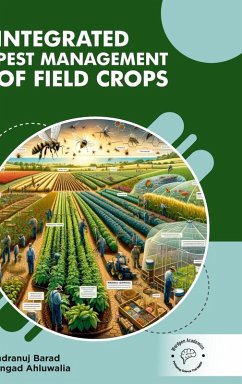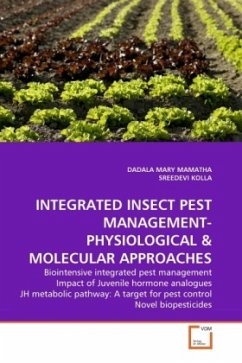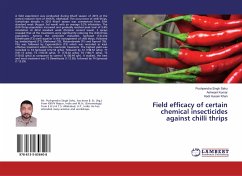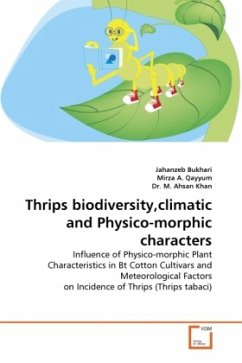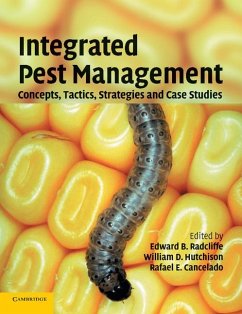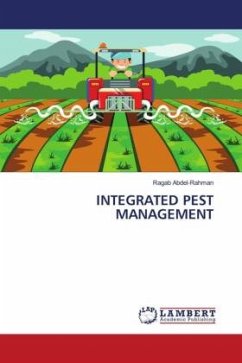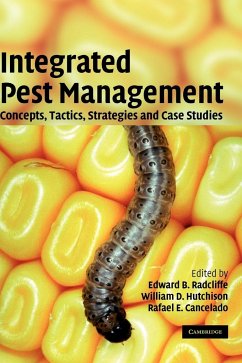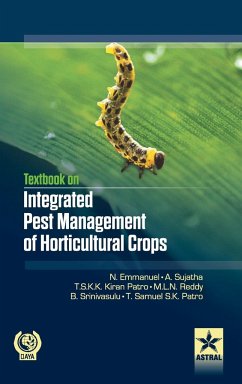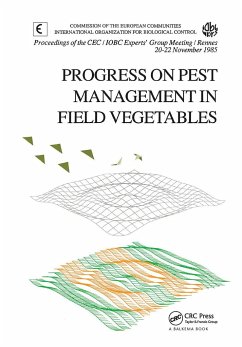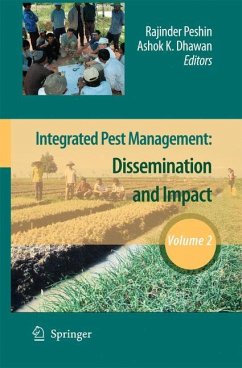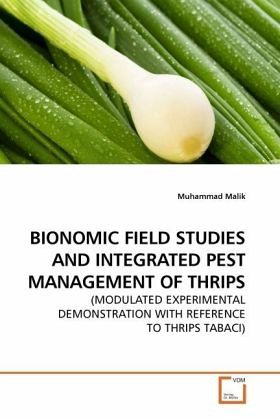
BIONOMIC FIELD STUDIES AND INTEGRATED PEST MANAGEMENT OF THRIPS
(MODULATED EXPERIMENTAL DEMONSTRATION WITH REFERENCE TO THRIPS TABACI)
Versandkostenfrei!
Versandfertig in 6-10 Tagen
32,99 €
inkl. MwSt.

PAYBACK Punkte
16 °P sammeln!
Onion and cotton have remarkable positions in the global agro-economy. These crops are threatened by various arthropod pests including thrips. The growers community of the world is mostly relying on chemicals to minimize the damage done by thrips. This not only increases the worries of the environmental entomologists but also wipes out the organic farming concept in agriculture. We tried to control onion thrips by using eccentric methods, like cultural control and botanical insecticides. This book provides a step-by-step, hands-on model of Integrated Pest Management (IPM) of onion thrips, desi...
Onion and cotton have remarkable positions in the global agro-economy. These crops are threatened by various arthropod pests including thrips. The growers community of the world is mostly relying on chemicals to minimize the damage done by thrips. This not only increases the worries of the environmental entomologists but also wipes out the organic farming concept in agriculture. We tried to control onion thrips by using eccentric methods, like cultural control and botanical insecticides. This book provides a step-by-step, hands-on model of Integrated Pest Management (IPM) of onion thrips, designed after conducting six different experiments in the agro-ecosystem of onion. The book can be referred as a pathway not only to the organic growers but also to the young researchers for their experimental designing and report/theses/dissertation write up.



